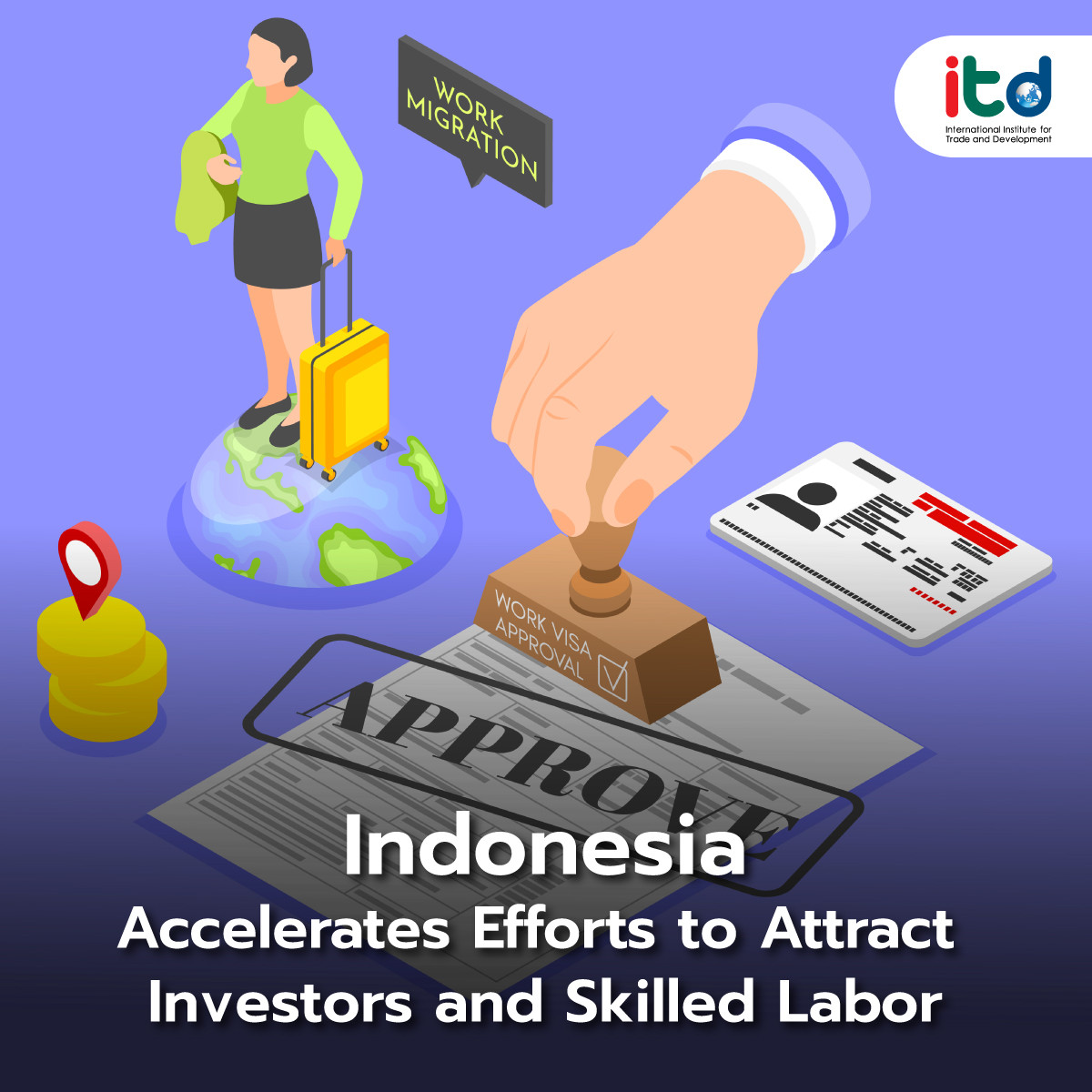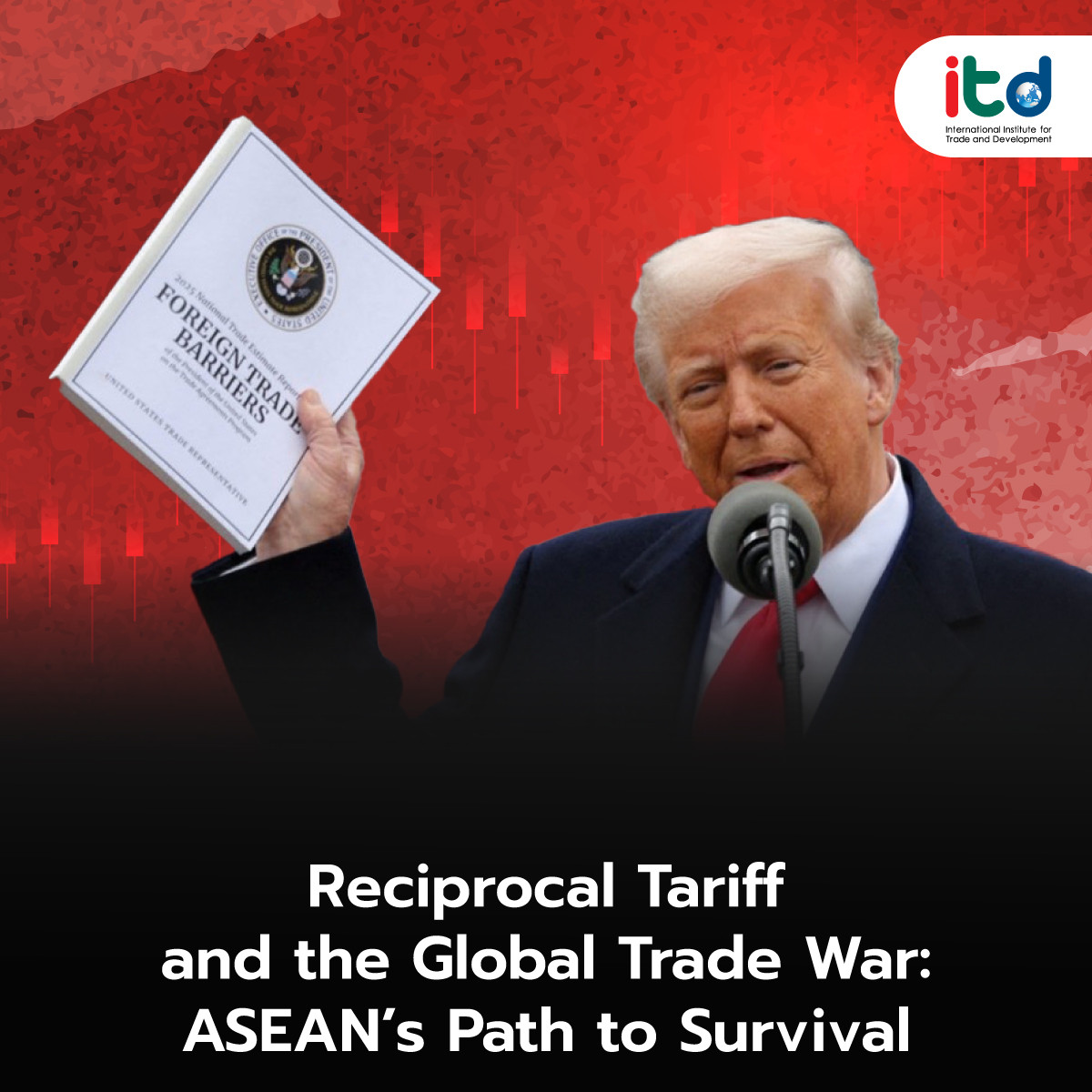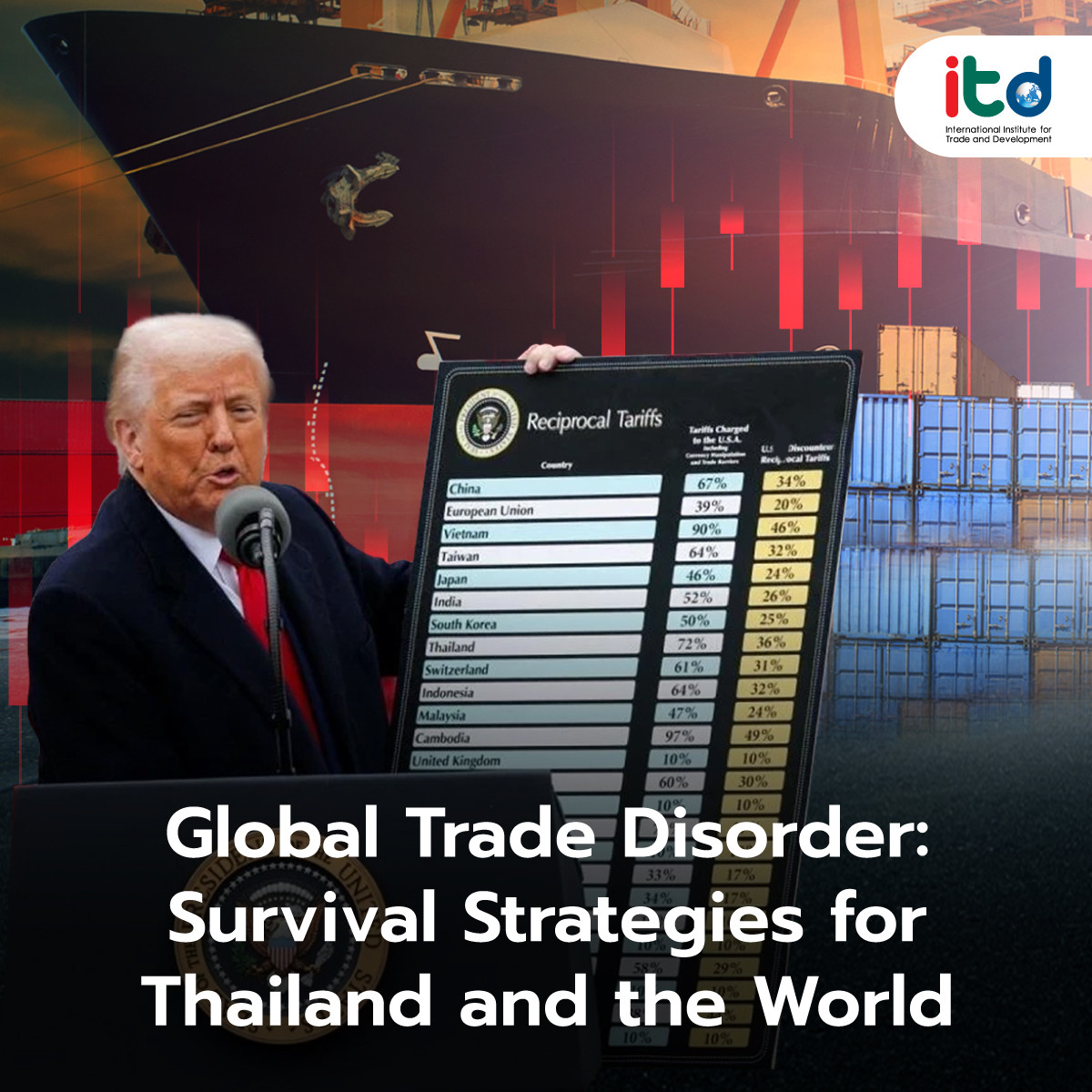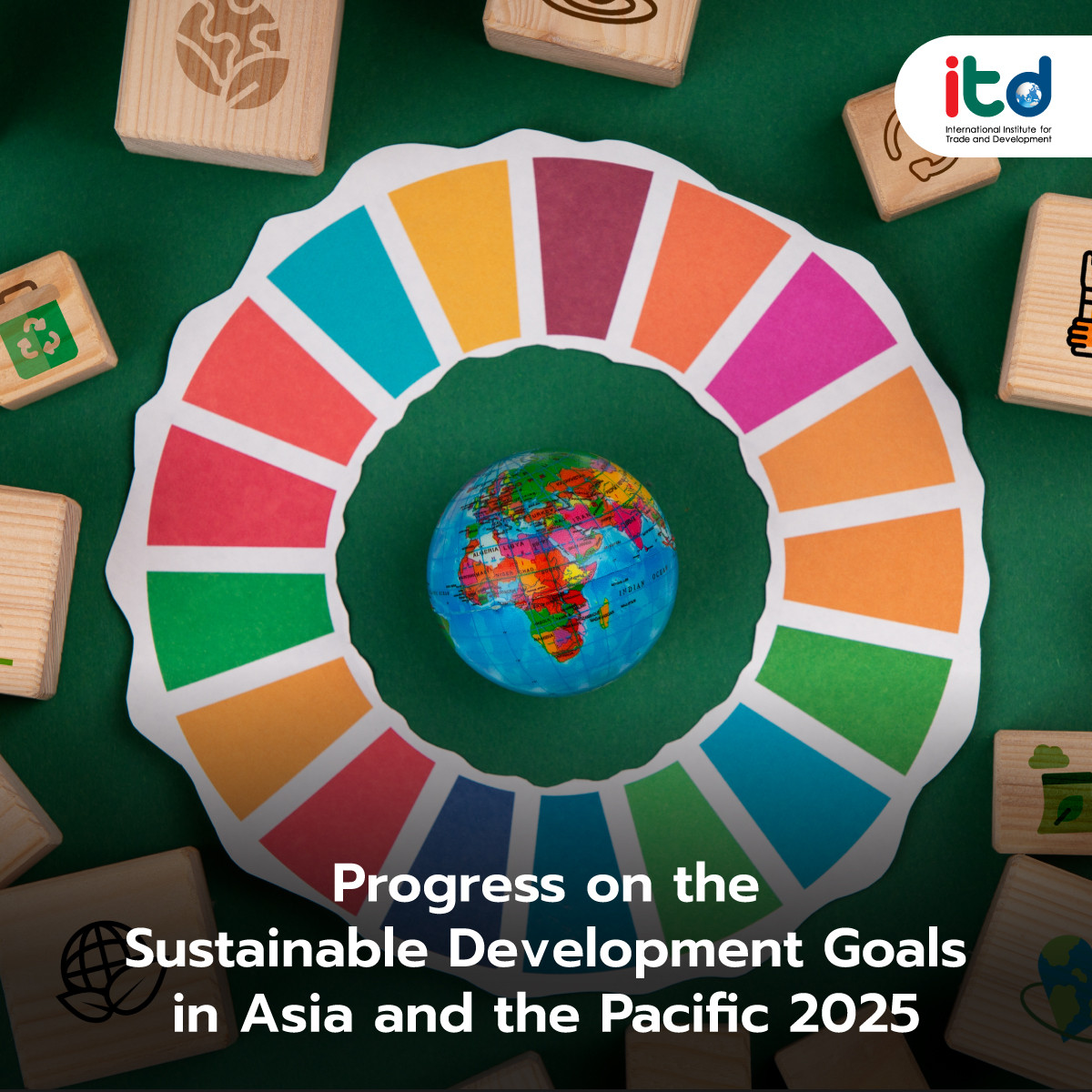About Documents
At the end of July 2024, Indonesian President Joko Widodo officially launched the Golden Visa program, following its pilot phase since August 2023. The program aims to attract foreign investors and skilled workers to Indonesia.
The Golden Visa offers foreigners the opportunity to apply for residency in Indonesia for periods ranging from 5 to 10 years through various channels. For instance, individuals investing $2.5 million in the country can apply for a 5-year visa, while those investing $5 million or more can apply for a 10-year visa. Tourists can also purchase visas, requiring deposits in state banks of $350,000 for a 5-year visa and $700,000 for a 10-year visa.
Companies can apply for these visas for their executives and board members, with a minimum investment of $25 million for a 5-year visa and $50 million for a 10-year visa.
The implementation of the Golden Visa reflects Indonesia’s efforts to foster a more welcoming economic environment for foreign direct investment (FDI). The government aims to stimulate the domestic economy by reducing reliance on raw material exports and increasing production capabilities across the entire value chain. This strategy is designed to enhance Indonesia’s role in the global supply chain.
The Indonesian government hopes that the Golden Visa will not only attract foreign investment but also create local jobs, facilitate the transfer of technological knowledge, and develop the country’s abundant human resources. Additionally, the visa is intended to draw more foreign skilled workers to the Indonesian labor market, which currently has a relatively low foreign-born participation rate compared to other countries in the region. Moreover, despite having a large working-age population of 190 million, Indonesia faces a shortage of highly skilled labor, a gap the visa program could help to fill.
However, while the Golden Visa represents a significant step in creating economic opportunities for Indonesia, other ASEAN countries are also actively pursuing foreign investment and skilled labor through similar visa programs. Thailand, for instance, has implemented the Long-Term Resident Visa (LTR Visa), Vietnam has introduced the Startup Visa to attract foreign startup investments and skilled professionals, and Malaysia offers the Digital Nomad Visa, primarily targeting tech industry investors and skilled workers
As more countries adopt similar tools, the key challenge will be ensuring that domestic infrastructure, the economic environment, regulations, and support mechanisms are adequately prepared to sustain and maximize the benefits of these investments. It’s crucial for these nations to create a conducive ecosystem that not only attracts foreign capital but also integrates it effectively into the local economy.
Author:
Mr. Bhuchis Phoompakvan
Researcher
International Institute for Trade and Development (Public Organization)
www.itd.or.th
Publication: Bangkok BIZ Newspaper
Section: First Section/World Beat
Volume: 37 Issue: 12701
Date: Wednesday, Aug. 7, 2024
Page: 8 (left)
Column: “Asean Insight”






